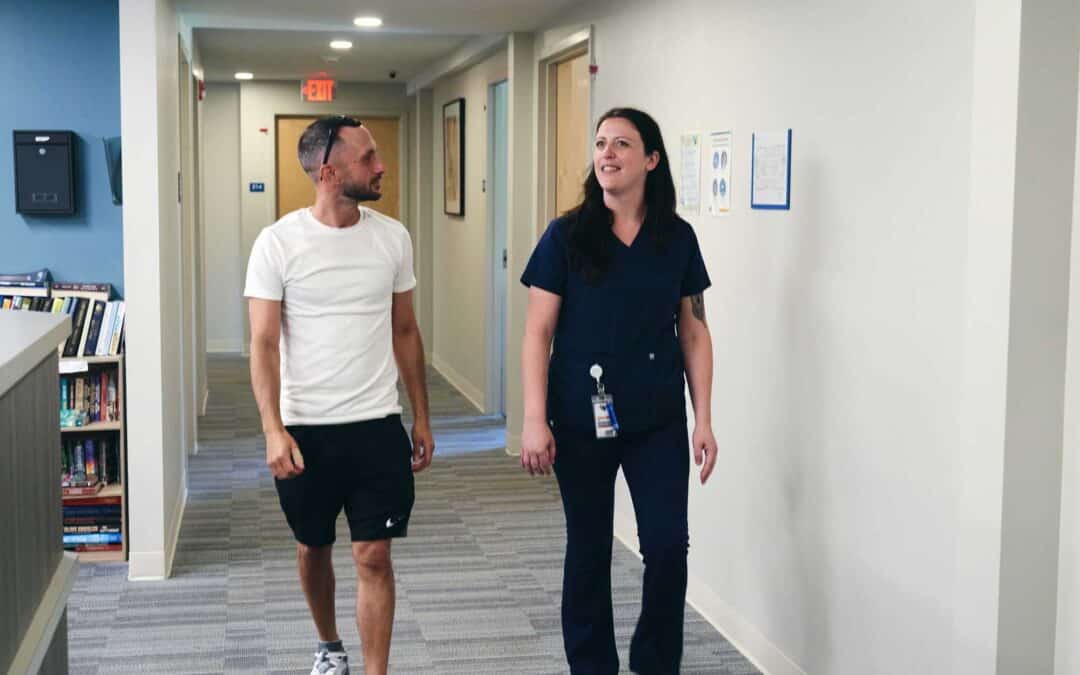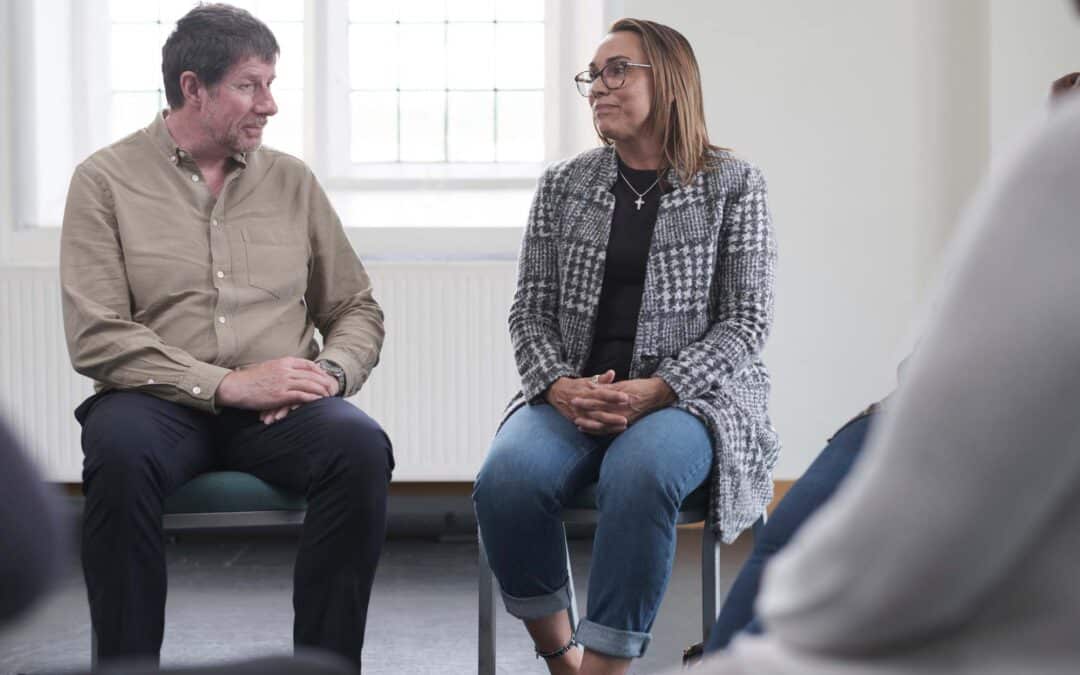When a person within the family struggles with substance abuse or addiction, the whole family struggles with them. Relationships can be strained to the breaking point by unhealthy or ineffective communication strategies, lack of trust, and many other circumstances. In some cases, there has been trauma in the family before drugs or alcohol began to play a part in the conflict, while in other cases, the family is reacting to the pain of their loved one. When a family member is ready to get help for substance abuse or addiction, the whole family can benefit from family counseling. But what are the goals of family counseling? What are the objectives of family therapy in the context of drug and alcohol treatment? It can be reassuring to know more about what to expect when participating in family counseling.
Who Can Participate In Family Counseling?
Some people might think that only the immediate family can participate or that only blood relatives should participate in family counseling. The truth is anyone who is considered a family member, whether a relative, a partner or spouse, or even a chosen family member or close family friend, can participate. Anyone who will be an integral part of their family member’s support network during recovery can and should participate in family-centered counseling.
What Happens In Family Counseling?
There are many components of the family counseling process. Some of these are:
- Processing and healing from traumatic experiences and painful events
- Expressing feelings in an appropriate way
- Listening to others and gaining a better understanding of their feelings
- Exploring issues within the family that have led to conflict or damaged relationships
- Developing new skills and learning more effective communication strategies
- Educating the family about mental health and addiction-related issues
- Building a support system that will benefit all members of the family
- Learning to talk about emotions in a healthy and appropriate way
- Gaining a better understanding of what healthy boundaries are and how to set them
Not every family will experience all these processes. This is because each family has its own unique dynamic. However, it’s useful to get a sense of what to expect.
What Will We Learn In Family Counseling?
Learning and developing new skills are two of the most important components of family counseling. Processing and healing from painful events and trauma are also important. Still, families need to expand their knowledge about their loved one’s struggle with drugs or alcohol to move forward healthily. Families will also learn how to support one another effectively and appropriately and develop communication skills that will promote positive interactions in the future.
Developing good communication strategies and learning to better understand one another will strengthen the family bond and lead to a closer relationship between all members. Even though conflict and trauma have happened, healing and a better future are possible.
What Is the Ultimate Goal of Family Counseling?
The ultimate goal of family counseling is to create a healthier, closer family unit for the future in which all family members will feel supported and validated. Yes, the family member or members struggling with addiction are a focal point. Still, recovery becomes much more difficult without a supportive family structure that effectively communicates and accepts one another.
If you or a family member has been struggling with drug or alcohol addiction, it may be a good time to seek help from a family counseling program at a licensed drug and alcohol treatment center. At Liberty Health Services in Derry, New Hampshire, we are committed to helping clients and their families recover from substance abuse and addiction. Contact our caring and compassionate staff today at 855.959.4521 and tell us how we can help.


